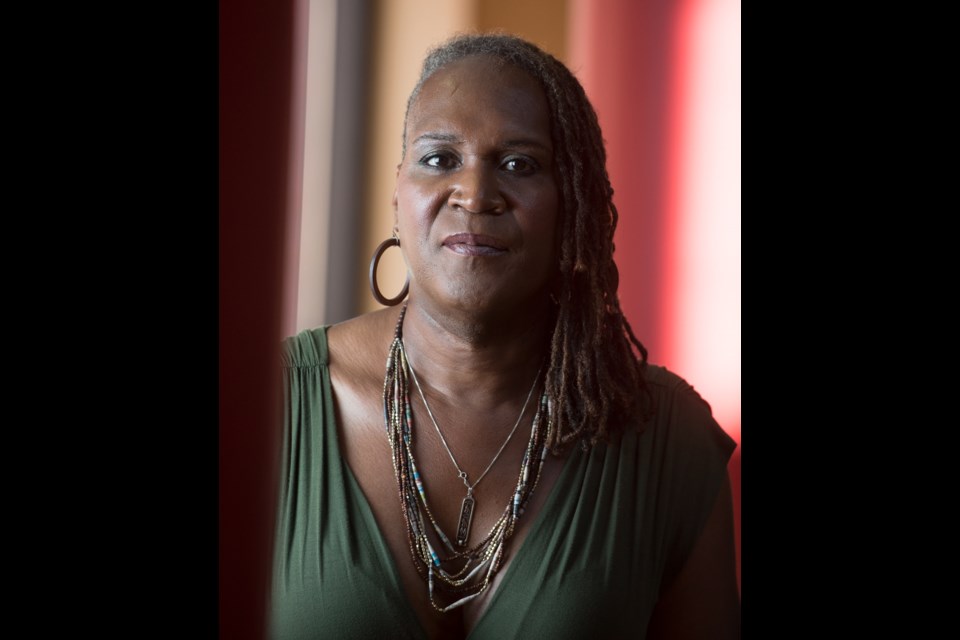The trans experience, while lived by a small per cent of the population, still speaks to a universal human condition lived by all people, an American transgender politician says.
Andrea Jenkins says the deep, often painful introspection undergone by most transgender people, followed by a willingness to live openly and rise beyond any assigned gender, can inform and inspire all people, regardless of race, gender or sexuality.
“Trans people are always self-examining and trying really hard to come to a deep understanding of who they are,” Jenkins said. “Once they come to an understanding, they then have to have real courage to live their true, authentic lives.”
Jenkins, 56, now serving as an elected member of the city council for Minneapolis, will be a speaker at the third Moving Trans History Forward 2018 conference Thursday to Sunday at the University of Victoria.
The conference will attract about 300 delegates and is one of the largest of its kind in North America.
Aaron Devor, UVic chair in Transgender Studies, said the conference is unique. Its focus and title is history, but it will also offer presentations on issues of contemporary culture, including community activism, art and individual experiences.
“So, yes it’s about history, but it’s also a general trans conference,” saidDevor, a transgender man.
It will also be open to the public, he said.
“It’s not strictly an academic conference,” Devor said. “Part of the job of the university is sharing what we know with the community.”
But he also said it will give a chance to the relatively small trans community, about one per cent of the general population, a chance to meet and share viewpoints and observations.
Jenkins, in a telephone interview from her office in Minneapolis, said she knew, probably as young as four, a female lived within her. At 30, she came to the decision to make the transition and live outwardly as feminine.
She has also sought the assistance of the medical community to make the transition.
But Jenkins cautioned the notion of surgery and hormone treatments should not hamstring any notion of trans history.
The medical procedures might have only been developed in the last decades of the 20th century, but people have always shifted their genders. As examples, Jenkins pointed to North American Indigenous peoples, who spoke of people living with two spirits and even revered those who did. Hatshepsut (1478-1448 BC), was the fifth pharaoh of Ancient Egypt and the second woman to sit on the throne. Sculptures often depict her with a beard.
Eunuchs are often mentioned in ancient histories. Even the Bible has passages warning men and women not to wear the garments of the other gender, suggesting it was something known to happen.
“Gender non-conforming is nothing new,” Jenkins said. “People can transcend the biology of their gender, but society, particularly Western society, has created barriers against that.”
Struggling against those barriers has created its own unique human experience. That experience has even led to its own singular expressions in art, music and fashion.
Jenkins pointed to “Vogueing,” made popular by Madonna in her 1990 song, as an anthem for people who want to live a different life by just adopting a pose.
“There is a unique stamp that the trans community brings to society and culture,” Jenkins said.
For more information about Moving Trans History Forward 2018 go online to uvic.ca/mthf2018.



